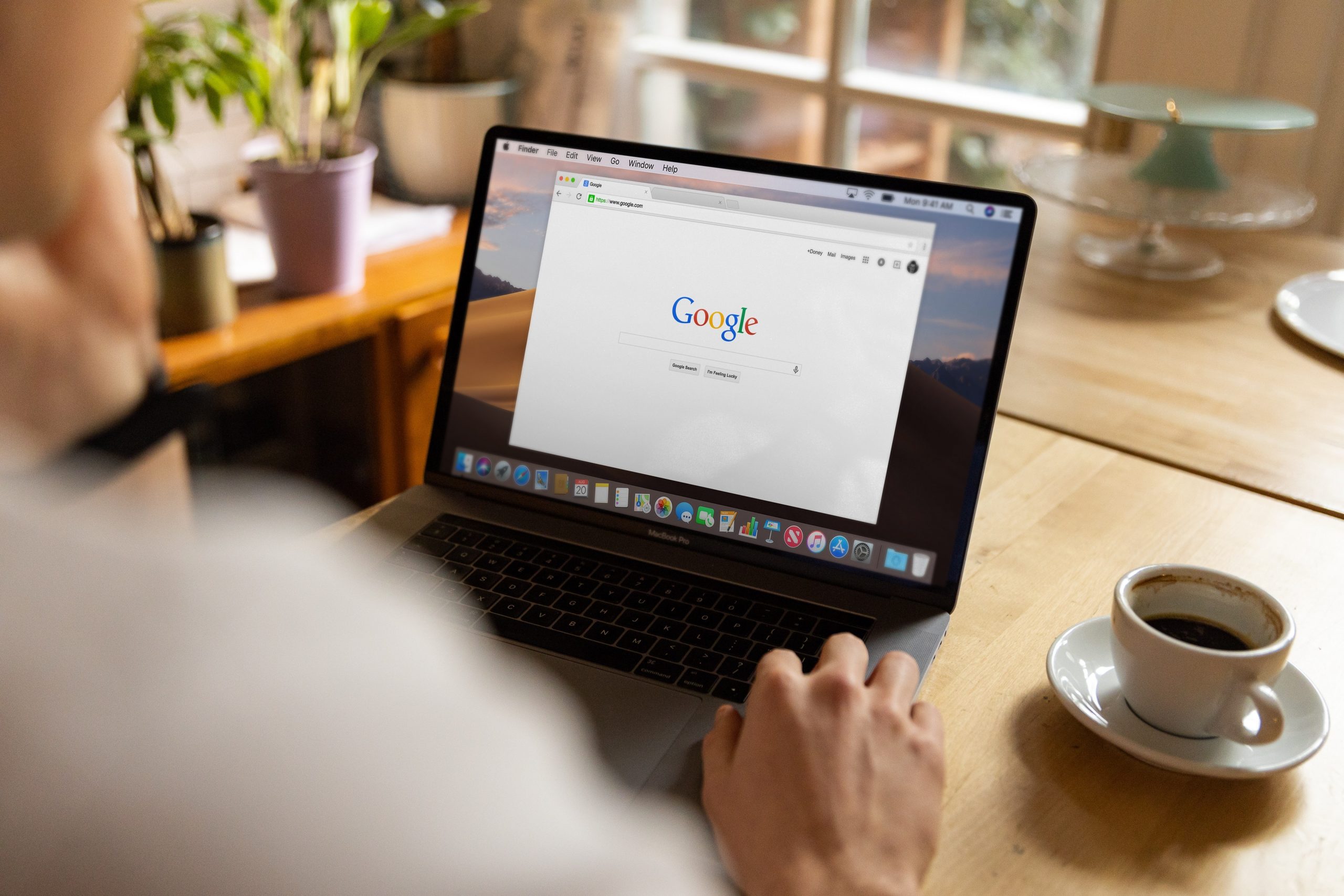
Using competitors’ brands in sponsored advertisements through advertising platforms has become increasingly common. Although alternatives can be found in the market, Google Ads is undoubtedly the most used resource in Brazil and worldwide.
Firstly, even though Google does not conduct an effective inspection of intellectual property violations on its platforms, we have to, the Google Ads policy [1], despite authorizing the use of third-party trademarks in cases of authorized resellers – which is also a reflection of intelligence Art. 132, item I, of the Industrial Property Law [2]-, represses the “improper use” of competitors’ trademarks.
At a glance, it is noted that Google, also in compliance with the LPI and with the international treaties that govern Industrial Property, such as the TRIPs Agreement and the Paris Union Convention (CUP), decided to discourage unauthorized use third-party trademarks, even if any inspection requires the presentation of complaints by either the trademark holders or their legal representatives.
On the other hand, with regard to the use of competitors’ brands as Keywords in sponsored advertisements, although there is an incentive for better elucidation on this practice, mainly due to the hundreds of demands filed before the judiciary involving the thematic, Google limits itself by informing that “It does not investigate or restrict trademarks when they are used as keywords.”
Consequently, although the Courts – especially the Court of Justice of São Paulo (TJ-SP) have a majority understanding that the excessive and unauthorized use of competitors’ brands as a keyword characterizes unfair competition, there is not, until this moment, precedent in which the STJ faced the matter effectively and specifically.
Thus, within the scope of the judgment of REsp 1,937,989 in a judgment session dated 08/23/2022, which involved two companies in the tourism segment, the Rapporteur Luis Felipe Salomão recognized that the use by third parties of trademarks, in fact, characterizes the practice of unfair competition, which is prohibited by Art. 195, item III, of the LPI [3].
Not only that, but it also indicated that this conduct, due to the possibility of improperly attracting customers and generating confusion and/or undue association regarding the products or services offered to the market, could lead to the dilution of the violated brand, resulting in reputational losses.
Although Google has stated that it would not comment on the case, inevitably, the confirmation of the majority understanding of the Courts by the Court could directly impact commercial and advertising strategies within the scope of the internet and sponsored links, also considering the possibility of liability for losses and damages caused to the trademark owner, according to Art. 209 of the LPI.
[1] Available a Google Support
[2] Art. 132. The trademark holder cannot
I – prevent merchants or distributors from using distinctive signs that are their own, together with the product brand, in their promotion and commercialization.
[3] Art. 195. The person who: commits the crime of unfair competition:
III – employs fraudulent means to divert, for their own benefit or that of others, the clientele of others
